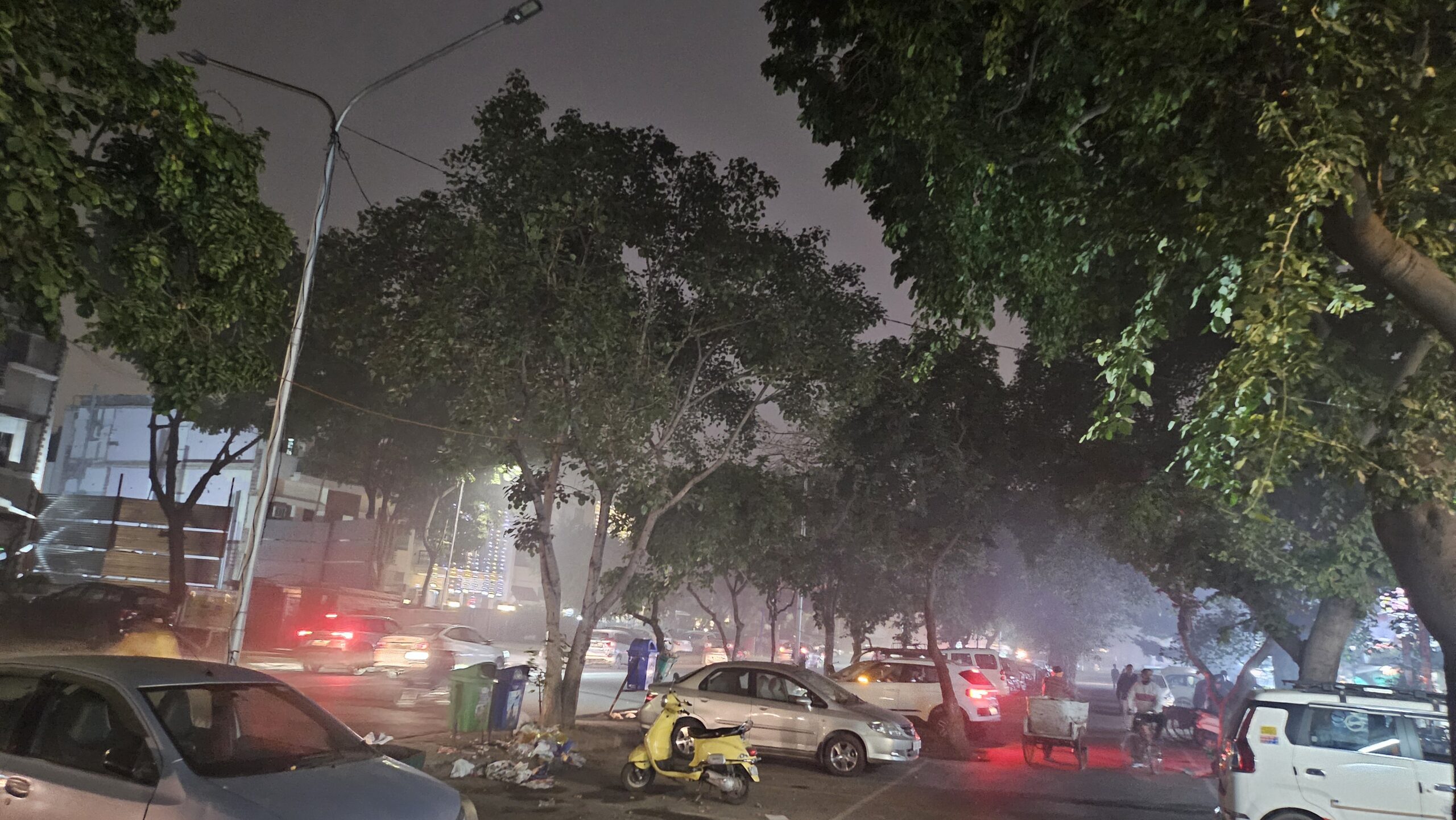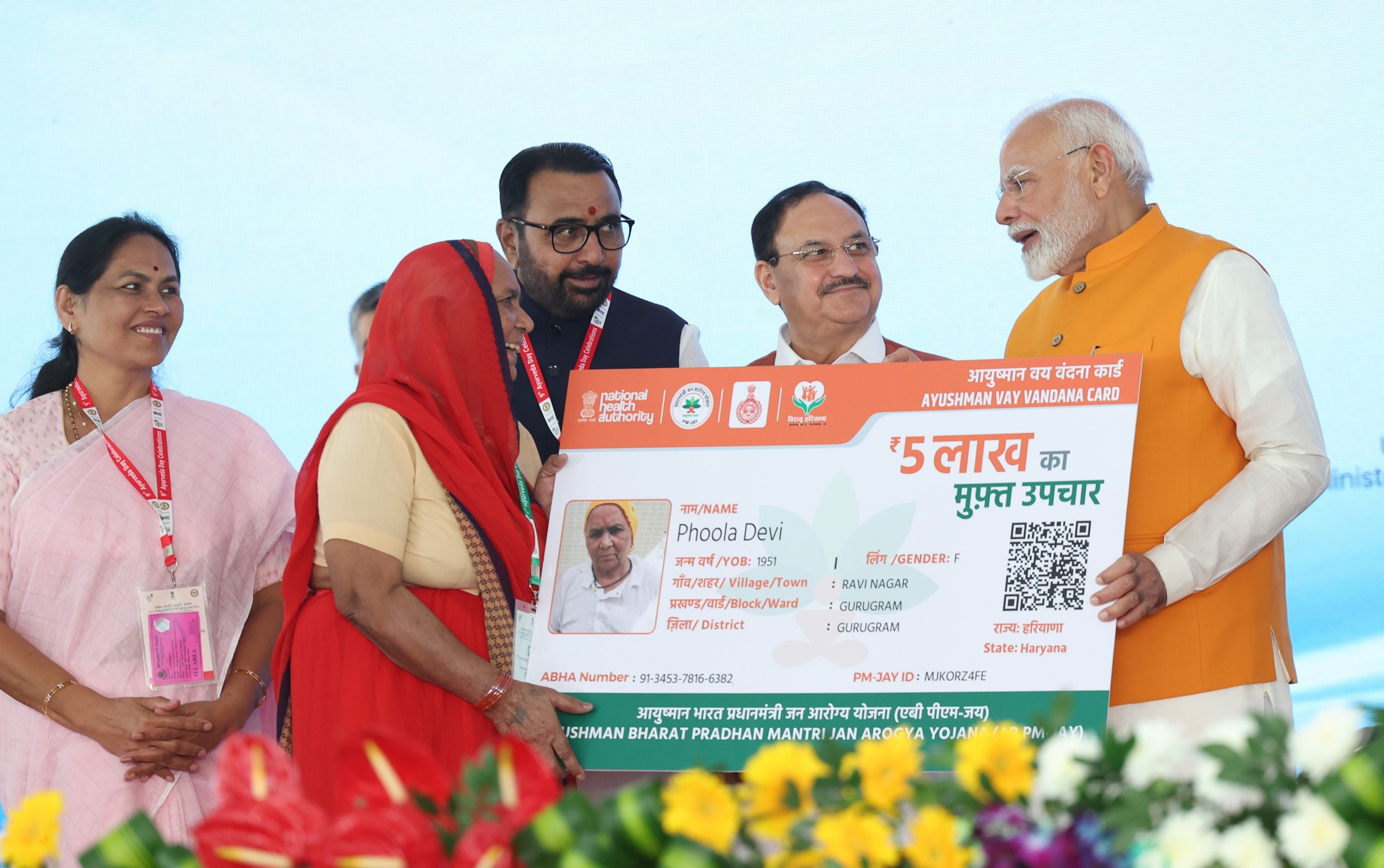As the dengue season approaches, starting in September, Chandigarh’s health department is taking proactive measures to ensure a sufficient blood and platelet supply. Dr. Suman Singh, Director of Health Services, highlighted the importance of regular and safe blood donation camps to meet potential increased demand.
In anticipation of a possible surge in dengue cases, the department has devised a comprehensive plan for blood and platelet collection. Last year, the city reported 300 dengue cases, some requiring hospitalisation. Dr. Singh assured that their blood bank, equipped with advanced facilities and supported by a robust network of donors, is well-prepared. Collaborations with NGOs and the Chandigarh Police further bolster their readiness to donate blood during crises.
“Our blood bank boasts state-of-the-art facilities and a vast donor list. We also receive significant support from NGOs and the Chandigarh Police, who are always ready to contribute during emergencies. Beyond our regular blood camps, we organise additional drives to maintain an ample supply,” said Dr. Singh.
The Director of Health Services also noted the high number of cancer patients at the Postgraduate Institute of Medical Education and Research (PGIMER), many of whom are referred to the Government Multi-Specialty Hospital (GMSH) in Sector 16 for blood transfusions due to bed shortages. “It’s not only oncology patients; individuals on dialysis and others needing blood are also accommodated here. We ensure timely treatment for all, necessitating our blood bank to be prepared for any additional demands,” she elaborated.
Monthly blood donation camps, organized with the help of NGOs and other organizations, play a vital role in this effort, collectively gathering around 6,000 units of blood annually. Dengue fever, an acute illness caused by one or more of the four dengue virus serotypes (DENV 1 to 4), is transmitted primarily by the female Aedes aegypti mosquito and less commonly by Aedes albopictus. This dynamic, systemic disease presents a wide clinical spectrum, ranging from severe to non-severe manifestations.
















